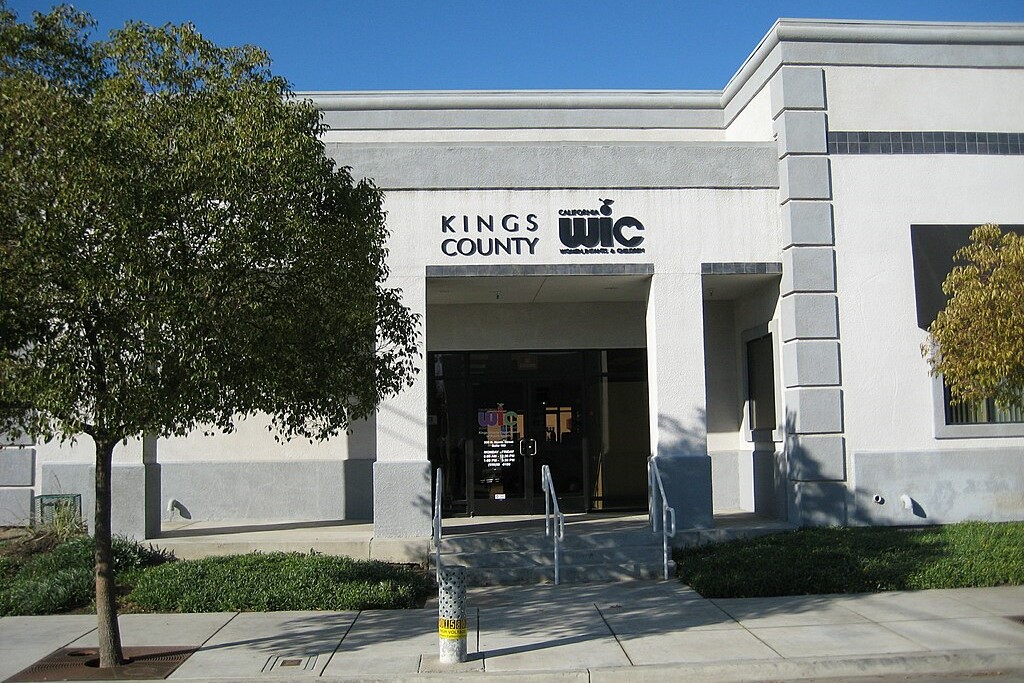The Special Supplemental Nutrition Program for Women, Infants, and Children (WIC) is a federal assistance program in the United States that provides nutrition education, healthy foods, and support services to low-income pregnant women, new mothers, infants, and children up to the age of five. WIC aims to improve the health outcomes of participants by ensuring access to nutritious foods, promoting healthy eating habits, and offering resources for breastfeeding support and medical referrals.
Participants in the WIC program receive vouchers or electronic benefits to purchase specific nutritious foods such as fruits, vegetables, whole grains, dairy products, and infant formula from authorized retailers. These foods are chosen to meet the nutritional needs of pregnant women, breastfeeding mothers, infants, and young children, helping to support healthy growth and development during critical stages of life.
In addition to providing nutritious foods, WIC offers comprehensive nutrition education and counseling to help participants make healthy choices for themselves and their families. WIC also provides breastfeeding support, including access to lactation consultants, peer counselors, and breast pumps, to encourage and assist mothers in breastfeeding their infants. Through its holistic approach to nutrition and health, WIC plays a vital role in promoting the well-being of women, infants, and children from low-income households across the United States.

To know more about WIC, let’s take a look at these 10 interesting facts about WIC.
- Establishment: WIC was established in 1974 as a pilot program by the U.S. Department of Agriculture (USDA) to address the nutritional needs of low-income pregnant women, new mothers, infants, and children up to the age of five.
- Expansion: Since its inception, WIC has grown to become one of the largest federal assistance programs in the United States, serving millions of participants annually across all 50 states, the District of Columbia, and U.S. territories.
- Nutritionally Tailored Foods: WIC provides participants with vouchers or electronic benefits specifically for purchasing nutritious foods that are selected to meet the unique dietary needs of pregnant women, breastfeeding mothers, infants, and young children.
- Food Packages: The foods available through WIC vary depending on individual needs and may include fruits, vegetables, whole grains, dairy products, infant formula, and infant foods such as baby cereal and jarred fruits and vegetables.
- Breastfeeding Support: WIC offers comprehensive breastfeeding support, including access to lactation consultants, peer counselors, breast pumps, and educational materials to encourage and assist mothers in breastfeeding their infants.
- Nutrition Education: In addition to providing healthy foods, WIC offers nutrition education and counseling to help participants make informed choices about nutrition, healthy eating habits, and overall wellness for themselves and their families.
- Healthcare Referrals: WIC also provides referrals to healthcare and social services, including prenatal and postnatal care, immunizations, and other medical and community resources to support the health and well-being of participants.
- Income Eligibility: Eligibility for WIC is based on income level and nutritional risk, with priority given to pregnant women, breastfeeding mothers, and children at greatest nutritional risk.
- Cultural Sensitivity: WIC strives to be culturally sensitive and responsive to the diverse needs of its participants, offering services and resources in multiple languages and incorporating cultural competency into its programs and materials.
- Impact on Health: Research has shown that participation in WIC is associated with positive health outcomes, including improved birth outcomes, increased breastfeeding rates, and better dietary intake among participants, contributing to the overall well-being of women, infants, and children from low-income households.
The Special Supplemental Nutrition Program for Women, Infants, and Children (WIC) stands as a cornerstone of public health initiatives in the United States, offering vital support to low-income pregnant women, new mothers, infants, and young children. Through its provision of nutritionally tailored foods, breastfeeding support, comprehensive education, and healthcare referrals, WIC plays a crucial role in promoting healthy pregnancies, fostering optimal child development, and improving overall well-being. By addressing nutritional needs and empowering families with knowledge and resources, WIC helps to ensure that vulnerable populations have access to essential nutrients and support services, laying the foundation for a healthier future for generations to come.



